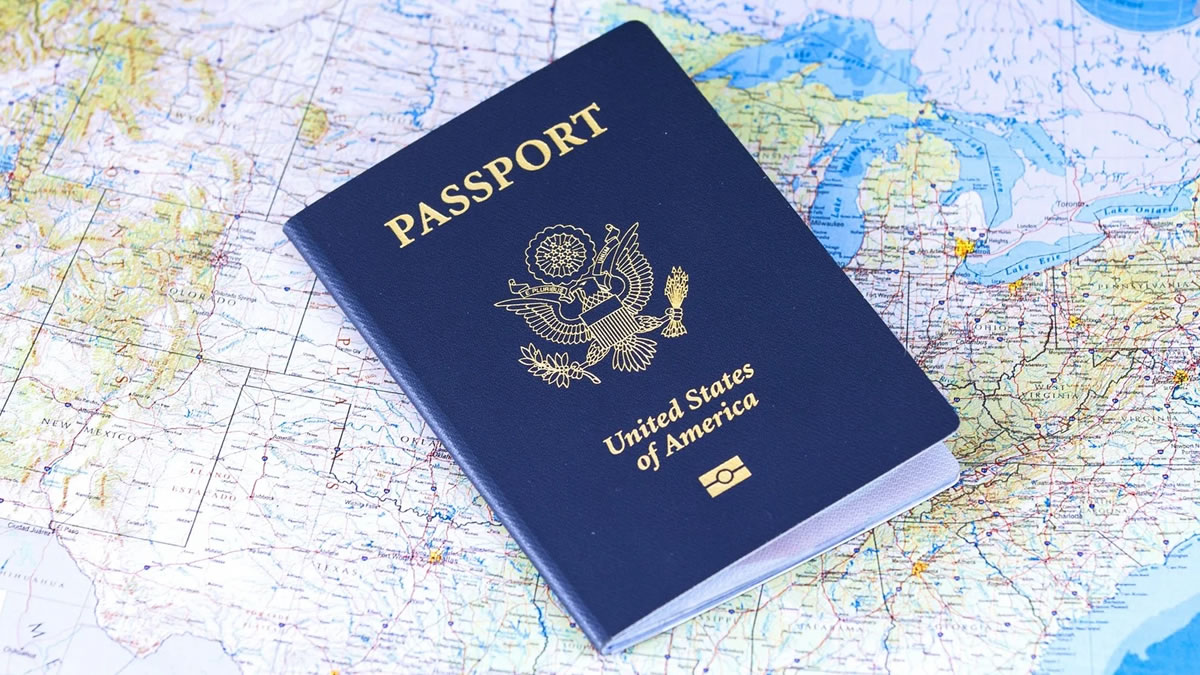Planning a successful corporate event involves a lot of moving parts – time, effort, budget, and space. Whether your goal is to strengthen corporate culture or win over potential clients, the stakes are high. It’s important to ensure that all the hard work you put into organizing the event pays off. But how can you determine if the event was a success?
Measuring the success of a corporate event can be tricky, as it varies depending on factors like the event’s size, location, attendees, and purpose. For smaller events, you might get a good sense of success just by reading the room and seeing the reactions on people’s faces. Larger events, however, often require more detailed follow-up to assess things like return on investment (ROI) and overall attendee satisfaction. In this article, we’ll explore some key indicators to help you evaluate the success of your corporate event.
1. Attendance Metrics
One of the easiest ways to gauge the success of your event is by looking at attendance numbers. The logic here is simple: more attendees generally means more success. However, this isn’t always the case for every type of corporate event. While the number of people at your event can give you an initial idea of success, it’s only part of the picture.
Make sure you track check-in rates to compare actual attendees with your expected numbers. If you had a guest list or an employee manifest, that can help you set realistic expectations. If your check-ins closely match those projections, it’s a good sign your marketing efforts paid off. However, just knowing the attendance numbers won’t tell you everything about the event’s success.
If you’re hosting a recurring event, consider tracking both unique and repeat attendees. How many people who came to this year’s event had also attended last year’s? This kind of data will help you set benchmarks for future events and estimate attendance for next time.
2. Income vs. Expenses
If you’re hosting a corporate event, one of your goals is likely to boost brand recognition, acquire new clients, and, of course, make some money. However, it’s important to weigh your income against the costs. Sometimes, the event might cost more than you expected, but that doesn’t always make it a failure.
You’ll want to compare:
- Expected costs vs. actual costs
- Expected income vs. actual income
- Real costs vs. real income
Even if your income didn’t meet expectations, that doesn’t necessarily mean your event wasn’t a success. For example, if you didn’t generate as much immediate revenue but collected a substantial number of new sign-ups for your email list, that’s a strong long-term asset. These new contacts could eventually lead to future business, making the event a worthwhile investment.
It’s also important to assess how efficiently you organise your event. Did you spend too much time on repetitive tasks like managing event logistics, updating websites, or handling speaker communication? By reflecting on how your time and resources were spent, you can identify areas for improvement and run a more streamlined event next time.
3. Analyze Engagement

Another key way to assess event success is to look at participant engagement. How many people attended the event? How many stayed for the entire duration? Did they actively engage with the speakers by asking questions or reacting to the presentation?
Engagement is crucial because it often indicates whether attendees found value in the event. People who are actively participating are more likely to use your products or services, or even recommend them to others. From a sales and lead-generation perspective, a large crowd with little engagement is less valuable than a smaller crowd with high levels of interaction.
4. Social Media Metrics
Social media can be a powerful tool to measure the success of your event, both before and during. The engagement on your social media posts—such as likes, shares, comments, and retweets—can give you an early sense of interest and excitement. If you’ve incorporated social media into your pre-event marketing plan, keep track of key metrics like impressions, reach, video views, and mentions of your event hashtag. These numbers help you understand the effectiveness of your pre-event promotions.
For example, if your posts are getting a lot of engagement, this can give you an indication of how well your event will be received, and even predict attendance. On the other hand, if the engagement is low, you might want to adjust your strategy to boost interest in the days leading up to the event.
Also, track your social media conversions. How many tickets were sold through social media campaigns, and what was the cost per acquisition? This data will help you optimize your marketing spend for future events.
During the event, watch for attendee engagement on social platforms. Are people posting selfies, photos, or status updates? Are they using your event hashtag? The more active your guests are online, the more likely they are to be enjoying the event, and the more exposure your event gets. After the event, check how many posts used your hashtag and what people shared about their experience.
5. Event Registrations and Live Polls/Quizzes Analytics
Live polls and quizzes are one of the most effective ways to gauge engagement during the event. The level of participation in these interactive activities reflects attendees’ interest and engagement with the event content. It also gives you valuable insights into which sessions or speakers had the most impact.
Another key metric to consider is event registration analytics. If your event has been open for registration over an extended period, track how registrations are progressing, and compare sales on a monthly or weekly basis. This allows you to spot trends and adjust your marketing efforts as needed. Ticketing platforms provide detailed analytics that can help you measure how well your sales are doing and give you a clearer picture of your revenue. You can ask your hired corporate event planner to help you create these polls and quizzes if you want to measure your success.
6. Guest Satisfaction
At the end of the day, the most direct way to measure the success of your event is by gathering feedback from your attendees. Understanding how they felt about the atmosphere, the food, the activities, and the overall experience will give you valuable insights into what worked and what didn’t.
One way to get this feedback is simply by talking to attendees during the event. Ask them how they’re enjoying the experience, if they have any complaints, or if they’re interested in your products or services. You can also pay attention to whether they’re taking home promotional items or making purchases.
For a more structured approach, consider sending out a survey. Include a few simple questions on a scale, like “On a scale of 1-10, how much did you enjoy the event?” This will give you measurable data to analyze later. You can send the survey during or after the event, but if you have email contacts, it’s best to send it a day or two later, so attendees have time to reflect on their experience.


